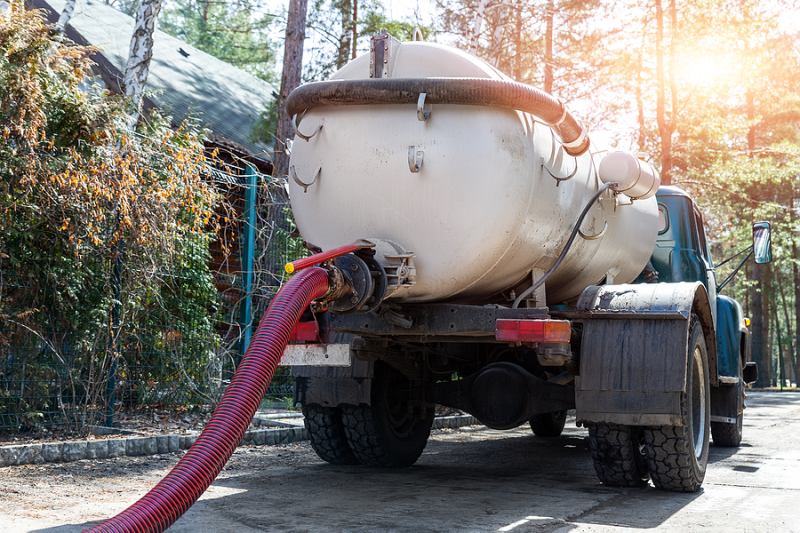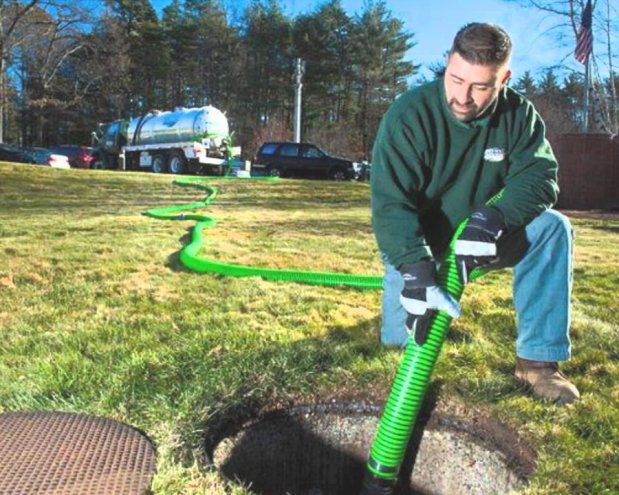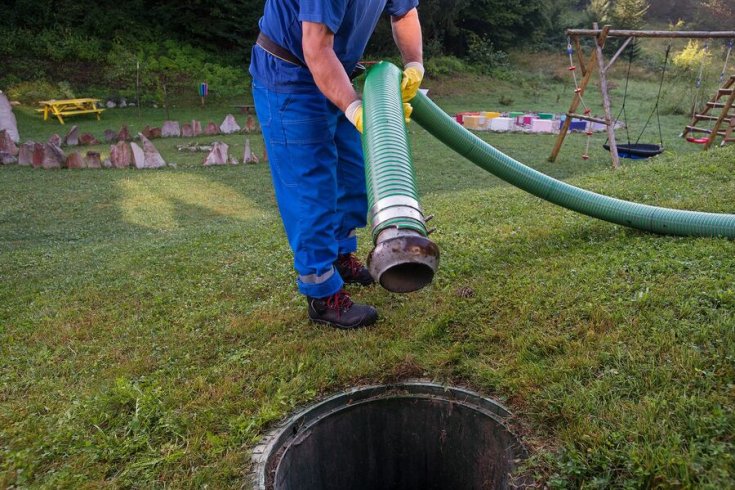
14
Sewerage and sewage are two words many people have problems understanding the difference between. Some might think sewage is the shortened version of sewerage or that they’re two different words that mean the same thing. The misinterpretation is understandable, however, that information is false. Luckily, Charlotte Septic Pros is here to help you understand the meaning of both words.
Have you ever wondered where all the waste and water goes after it’s sent down the drain? Every time you shower, wash the dishes, and turn on the faucet, the water goes down your drain and into an endless series of sewage pipes. Some homeowners even have septic systems and get septic tank pumping done routinely. Once the tank is pumped, trucks will go and dispose of the waste properly afterward. So, in the end, all waste goes down a similar system of pipes to get disposed of. Both sewage and sewerage are involved in the process of disposal.
The word sewage refers to the liquid matter that is carried by sewers through pipes. Nowadays, people tend to switch up the term to "wastewater" instead, which means to refer to any type of water that has been used by people in any way. So, any water that has passed through sinks, the bathtub, or toilets can be referred to as wastewater, or sewage. Sewage usually travels from the plumbing system into a sewer or a sewage facility, depending on the design of the structure. Unfortunately, sewage that is not disposed of properly or is dumped into runoff can cause contamination in larger bodies of water. This causes water pollution and is seen in many regions around the globe. it’s our job as humans to be more mindful of our environment when cleaning out our wastewater.
Sewerage is a system of sewers designed to discharge waste. It opens entries to sewage treatment plans or the nearest disposal point into the environment. It’s the outlet route sewage will take to exit the chambers and pipes. So, technically, sewage and sewerage are tied together, and they work hand in hand. The sewage that exists in our households and businesses will travel through sewerage for proper disposal. Since we are the ones using these systems, it’s our responsibility to use them in the most beneficial way.
It’s your job as a homeowner to take care of your septic system. A well-nurtured septic system leaves less room for septic tank repair and prevents other similar problems from occurring. There are many things you can do to maintain your septic system, so here are a few.
Having a healthy septic system will be helpful when the waste is later disposed of through sewerage. The plumbing system is made of many different parts, and each of them plays a uniquely important role. If you need professional help in any problem relating to septic systems, call Charlotte Septic Pros.

02
What Septic Service Techs See That Homeowners Miss Most homeowners only think about their septic system when something goes wrong.…
Read more
21
Simple Habits That Protect Your Septic System A well-functioning septic system does its job quietly, but the moment something goes…
Read more
14
Pump Now or Pay Later: The Real Cost of Skipping Maintenance A properly functioning septic system is easy to forget…
Read more
11
Why Your Septic System Always Acts Up at the Worst Time Homeowners often feel that septic problems strike at the…
Read more
04
Early Warning Signs Your Septic Tank Needs Pumping For homeowners who rely on a septic system, routine maintenance is not…
Read more
29
Why Does My Septic System Smell Fine One Day and Terrible the Next? If you own a home with a…
Read more
19
Is Your Septic System Overdue? Simple Home Checks You Can Do Today For many homeowners, the septic system is a…
Read more
13
5 Signs Your Septic Tank Is Overdue for Pumping Your septic system works quietly behind the scenes, managing wastewater from…
Read more
07
Do Septic Additives Really Work? Septic additives are everywhere. You’ll see them at hardware stores, advertised online, and often recommended…
Read more
29
5 Things You’re Doing Every Day That Fill Up Your Septic Tank Faster Your septic system works quietly in the…
Read more